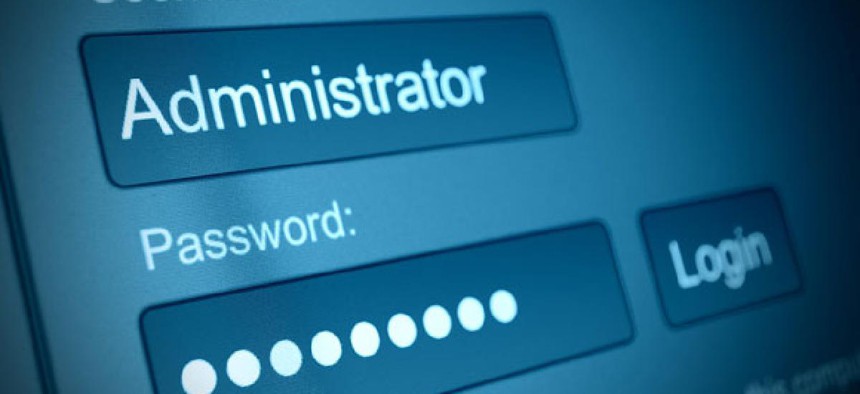The password fallacy: Why our security system is broken, and how to fix it

JMiks/Shutterstock.com
Our password system is broken, and it's about time we change it.
For the few that haven't yet spotted technology journalist Mat Honan's story about his unfortunate hacking, here's the capsule version: What started as an attempt at his Twitter feed via an Amazon account security hole quickly escalated into several wiped devices, a gutted Gmail account, and devastating data loss, both personally and professionally. The terrifying tale ended on a cry for users to embrace Google's two-step verification, which requires a second level of authentication when accessing your Gmail. When James Fallows wrote about his wife's ordeal with a compromised account last year, he came to the same conclusion.
Sure, adding an extra lock would have spared both a fair amount of trouble, but there's a much bigger problem at hand. We're required to take downright ridiculous precautions to maintain our online security, and it's not sustainable. In fact, it never was. Our password system is broken, and it's about time we change it.
Let's take a little tally of where we've found ourselves, shall we? Studies show that we log into some 10 sites a day. Places that hold our most important data, like Gmail, Dropbox, and our bank, might ask us to jump through two tiers of password hoops in order for them to ensure our online security. Overall we're asked to hold keys to 30-40 sites in order to read the news, access our email, or book a haircut. For each of these sites, security analysts recommend using a unique string of 14-characters made up of letters, numbers, and special symbols. But remember: Computers are quick to guess dictionary words, your birth year, and numbers substituted for letters. No repeats allowed. Oh, and whatever you do, don't write anything down.
Who can possibly remember all those characters?
It's a nutty system, so we ignore it, spreading the five or six passwords that we can remember across every online interaction. But that's not a good solution. Connect our sites with shared login information, and we're risking enormous chunks of our online lives. As Steve Ragan, a journalist at The Tech Herald demonstrated in January, a free program and a $300 computer can crack more than 25,000 passwords in seven minutes. Perhaps XKCD said it best: "Through 20 years of effort, we've successfully trained everyone to use passwords that are hard for humans to remember, but easy for computers to guess."
Read the full story at The Atlantic.
NEXT STORY: How cloud technology can simplify BYOD





